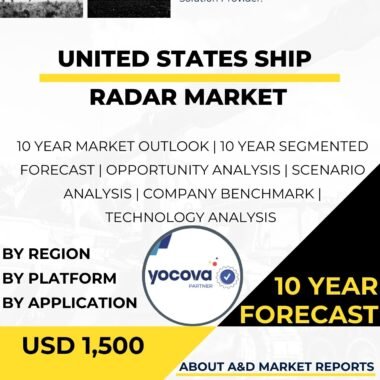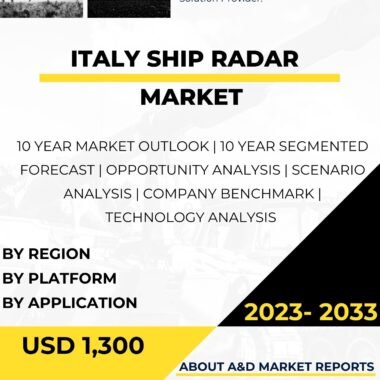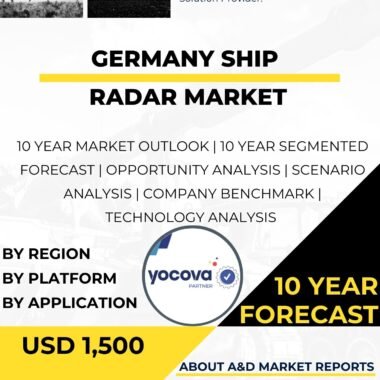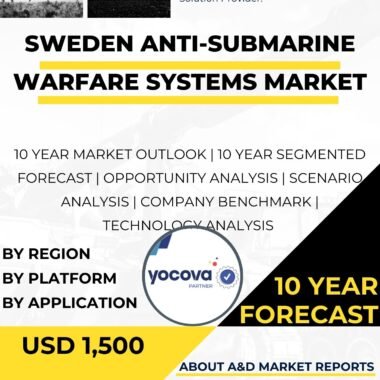Description
Overview
The Brazil Ship Radar Market is vital for maritime security, navigation safety, and efficient operations along Brazil’s extensive coastline and maritime territories. Ship radars, essential electronic systems, use radio waves to detect vessels, obstacles, and hazards, enhancing situational awareness. Facing challenges like coastal surveillance, piracy, and traffic management, the market has gained prominence.
Market Growth and Strategic Importance
The Brazil Ship Radar Market has seen steady growth due to the country’s focus on maritime safety and security. With vast territorial waters, Brazil relies on ship radars to ensure safe navigation, avoid collisions, and protect against threats like unauthorized vessels, illegal fishing, and smuggling.
Key Drivers
The market grows due to Brazil’s need to strengthen maritime security. Ship radars enable vessels to monitor surroundings and detect threats, enhancing maritime domain protection. Additionally, Brazil aims to improve maritime traffic management as vessel traffic increases. Radars with Automatic Radar Plotting Aid (ARPA) and collision avoidance features ensure safe navigation in congested waterways. The market also benefits from Brazil’s push for technological self-reliance, fostering domestic radar development to reduce foreign dependency and boost the defense industry.
Applications Across Maritime Sectors
The Brazil Ship Radar Market supports various maritime sectors. In commercial shipping, radars ensure safe navigation and collision avoidance in busy waterways. In law enforcement, coastal patrol vessels use radars to detect suspicious activities and enforce maritime laws. For maritime surveillance and border control, radars enhance domain awareness, monitoring vessel movements. In search and rescue, radars locate distressed vessels, improving mission success.
Challenges
The market faces challenges, including high costs for acquiring and maintaining advanced radar systems with ARPA and other features. Regulatory compliance with international safety and navigation standards poses hurdles. A shortage of skilled personnel for radar operation and interpretation also challenges market growth.
Future Growth
The Brazil Ship Radar Market is poised for continued growth as maritime security and traffic management needs evolve. Demand for advanced radars will remain strong, driven by investments in research, technology transfers, and training facilities.
Conclusion
The Brazil Ship Radar Market is crucial for enhancing maritime safety, security, and traffic management. Radars provide vital situational awareness, enabling safe navigation and threat detection. Growth is driven by Brazil’s commitment to maritime security and technological self-reliance. Overcoming challenges in cost, regulation, and skilled personnel will unlock the market’s full potential for safeguarding Brazil’s waters.




